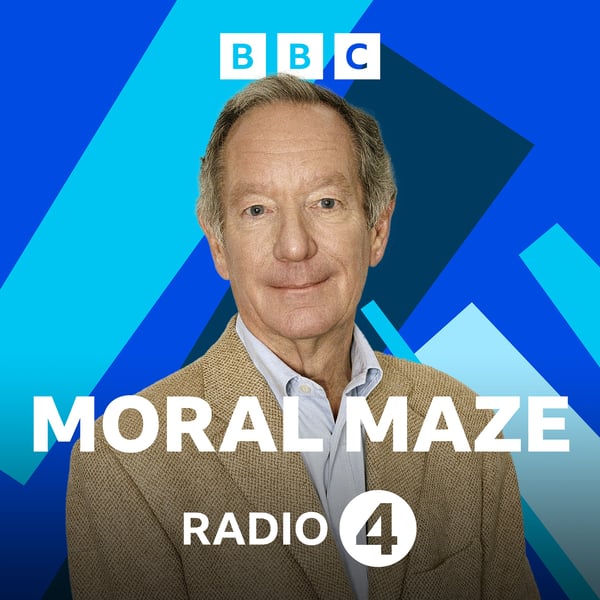Summary
For Donald Trump it was an 11 year old dusty tape that appeared from the archives. For Sam Allardyce it was a sting by undercover reporters. For the Olympic gymnast Louis Smith it was a video leaked on to the internet. All of them conversations they thought were private becoming embarrassingly public, with varying degrees of consequences. We all say things in private we wouldn't want made public, so what right to privacy should those in the public eye be entitled? Is it a simple case that we have a right to know if it tells us about the character of people who have power or who are asking us to trust them? If that's the case how do explain the myriad of examples from minor sporting celebrities to victims of stings by fake sheiks? Should we put them in the same category? We may think their views are unattractive, even offensive, but shouldn't they be allowed to express them in private, like the rest of us, with some confidence that they'll remain private? What right do we have to know? Would the world be a better place if we never said anything privately we wouldn't want made public? In our clamour to expose and condemn are we creating an unhealthy reality gap between what our leaders and politicians are allowed to say and what they actually think? Or has the digital age rightly blown apart the tight and elitist clubbable privacy that was once so much part of our society? Chaired by Michael Buerk with Anne McElvoy, Michael Portillo, Giles Fraser and Matthew Taylor. Witnesses are Prof Steven Barnett, Prof Josh Cohen, Paul Connew and Tom Chatfield.
Transcript
Click on a timestamp to play from that location
| 0:00.0 | You're listening to a program from BBC Radio 4. |
| 0:03.8 | Good evening. At first sight, Louis Smith and Donald Trump don't seem to have much in common. |
| 0:08.1 | Smith's young and fit and second-best gymnast in the world at swiveling on overstuffed furniture. |
| 0:13.4 | Trump's overweight and 70 and one step away from the White House. |
| 0:16.7 | Yet both have been undone by the leaked publication of indiscretions they had thought private. |
| 0:21.7 | Trump's decade-old boorishness about the way his fame lets him treat women |
| 0:25.4 | has been dominating the American presidential election campaign this week. |
| 0:29.7 | Smith's, perhaps, over-refreshed, rather childish mockery of Islam |
| 0:33.3 | could end his ambitions too, but both were recorded in unguarded moments |
| 0:37.7 | and those tapes released without their knowledge. |
| 0:41.0 | What, if any, right to those in the public eye have to privacy? |
| 0:44.8 | None, if what they do in private |
| 0:46.4 | contradicts what they say and do in public, |
| 0:48.7 | or the even wider justification, |
| 0:50.4 | especially with people asking us to give them power, |
| 0:53.0 | that sight of their private behaviour |
| 0:54.4 | helps us judge their character. But as Nigel Farage said, Trump's not running for Pope |
| 0:59.9 | and Smith's not running for anything outside the gym and the dance floor. Can anybody be expected |
| 1:04.9 | to live a life in which everything they say and do is on the record? Or has our digital age |
| 1:10.1 | created a clamour to expose and condemn |
| 1:12.4 | that only colourless automaton's need apply. |
| 1:16.3 | Private lives, public people. |
... |
Please login to see the full transcript.
Disclaimer: The podcast and artwork embedded on this page are from BBC, and are the property of its owner and not affiliated with or endorsed by Tapesearch.
Generated transcripts are the property of BBC and are distributed freely under the Fair Use doctrine. Transcripts generated by Tapesearch are not guaranteed to be accurate.
Copyright © Tapesearch 2025.

